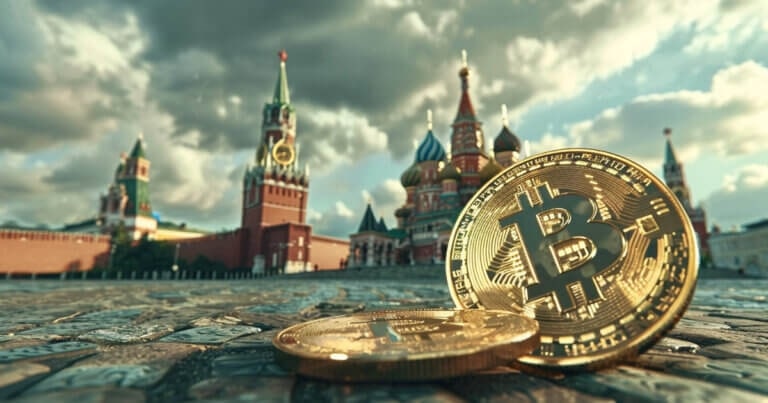Russia Tightens Crypto Mining Stranglehold: What’s Driving the Latest Bans?

Key Takeaways:
- Russia’s Ministry of Energy may bring crypto mining bans to more regions.
- Growing power usage and electricity deficits fuel the government’s stance.
- Industrial miners suggest tariffs instead of blanket bans.
- Legal uncertainty persists amid Russia’s ambiguous stance on crypto regulation.
The Crackdown on Crypto Mining Continues
Russia’s Energy Ministry is considering imposing crypto mining bans on three additional regions. The move follows recent efforts to regulate power consumption and ensure energy stability in certain parts of the country. Regions such as Dagestan, Irkutsk, and Krasnoyarsk have already been restricted because of excessive energy loads from crypto mining farms.
The Ministry states that it requires this expansion to ease the strain on regional power grids. In areas like Karelia, one of the areas currently under consideration, regional authorities complain of frequent blackouts and astronomical power prices blamed directly on mining operations:
- Crypto mining farms have descended on Russia’s energy-abundant, colder areas.
- Low energy prices in certain areas make them hotspots for miners seeking operational advantages.
As global Bitcoin hash rates increase, Russia is one of the world’s top crypto mining countries.

Why the Government is Concerned
The origin of these new restrictions lies in Russia’s overstrained energy infrastructure. Energy Minister Sergei Tsivilev explained that the ministry’s priority is to provide for domestic power supply, especially to industrially poor and remote regions.
When crypto farms at the industrial scale get connected to the network:
- Power grids are strained during peak winter periods.
- Residential areas experience outages and voltage dips.
- Regional governments are facing unforeseen repair and maintenance costs.
The Ministry of Energy argues that even legal crypto mining enterprises impose a disproportionate strain on grid instability. This is the reasoning for calls for increased regulation or outright prohibition in vulnerable territories.
Industrial Miners Fight Back
Not everyone agrees with the government’s proposed direction. Karelia’s mining industry has presented its own proposals for balancing economic benefits with energy concerns. Their proposal: instead of banning mining outright, increase taxation and impose energy tariffs on industrial-scale activity.
Miners emphasize that blanket prohibitions would negatively affect local tax revenues and employment markets. They instead highlight that controlled mining could potentially co-exist with public power needs if managed effectively.
Russia’s Unclear Crypto Legal Situation
The Russian legal framework for cryptocurrency has been especially contradictory. While the country has legalized crypto mining as a business activity, it has not legalized the acceptance of crypto for payment. Such inconsistency in legislation has complicated enforcement and policymaking.
For miners all over the world, the lesson is obvious: geographic diversification and legal flexibility are essential strategies in the wake of unpredictable regulatory environments.
What’s Next for Crypto Mining in Russia?
The Ministry of Energy has committed to holding consultations with regional governments and industry stakeholders before making final decisions. The Russian Parliament continues to debate draft bills on crypto’s place in the country’s economic system.
Draft legislation includes:
- Official recognition of crypto mining as a business activity subject to taxation.
- Creating state registry systems for mining firms.
- Bans on cross-border crypto payments to avoid sanctions problems.
It remains to be seen if Russia will embrace a tax-and-regulate policy or impose additional regional bans. The outcome could redefine the nation’s standing in the global community of miners.
More News: How to Buy Bitcoin in 2025: 5 Ways to Invest in BTC With Cash & More
The post Russia Tightens Crypto Mining Stranglehold: What’s Driving the Latest Bans? appeared first on CryptoNinjas.
